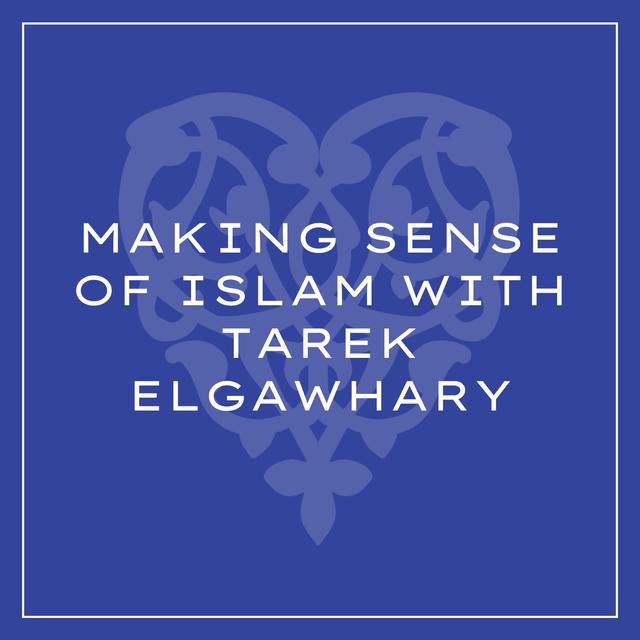Ep. 13: Prophetic Models, Pt4
This episode talks about the Constitution of Madina and the formation of a plural state under the leadership of the Prophet.


This episode talks about the Constitution of Madina and the formation of a plural state under the leadership of the Prophet.
With the beginning of the month of Sh'aban we have a tremendous opportunity on the eve of the 15th to prepare for Ramadan. This is also a reminder of the importance of supplication (dua) and charity.
The second model of Prophetic Coexistences describes life for the early Muslim community in Abysinnia where they lived as a protected religious minority. The Companions even fought in the Abysinnian army to protect their new homeland. Lots of lessons for Muslim minority communities, particularly in the West.
The eve of the 27th of Rajab is traditionally when Muslims commemorate and celebrate the Night Journey of the Prophet of Islam (Isrā' wa'l M'irāj). While an immensely detailed story, this episode focuses on four practical takeaways to make this year's celebration impactful and uplifting.
The first model of Prophetic Coexistence was life in Mecca both before revelation and afterward. The key lesson is massive amounts of patience.
The Prophet of Islam stood for coexistence. We have lost sight of this fact, and therefore reexamining the life of Prophet Muhammad to see how he coexisted with every aspect of society is not only important but highly relevant. Hopefully this series will do just that.
The chapter of the Cave (chapter 18) tells a story of a group of young men fleeing persecution. However, aside from being a historical story, it speaks to us personally. We all have some sort of injustice that we need to run away from, and the greatest cave we can find solace in is our own heart. How can we accomplish this, how can we be safe in the cave that is within?
Rajab is one of the four holy months in the Islamic calendar and typically signifies the countdown towards Ramadan. However, there are other blessings and historical events, such as the famous night journey of the Holy Prophet. How can we make the most of this month? This episode offers some ideas.
A recent Pew Report indicates that about one-quarter of people who grow up Muslim in the United States end up leaving the faith. (I wonder what it is worldwide). I put no blame on these people whatsoever and find this study a cause for self-reflection on the effectiveness of our institutions generally, and our mosques specifically. Are there truly any great mosques out there? And if so, what are doing to support and increase th
Do we rely on our own actions, or do we rely on God? What is the difference between the two? Have you ever found yourself feeling, “what’s the point of it all, God doesn’t hear my prayers?” This episode explores some of these questions and reminds us that our trust should never be just on our own actions.
Sometimes we are stuck on quantifying our faith and assuming that more is better. This mindset omits the basic fact that Islam is meant to make its practitioners happy. One of the main principles of Islam is that harm is to be removed at every step. This facilitates an easy practice of Islam, rather than a difficult one. This, ultimatley, is our goal.
Here I share three rules I learned to help me filter the type of information I receive in the name of Islam. These are very useful to help parse the many, many voices out there (including mine!)and place them in their right category.
Dostoyevsky once asked an interesting question, how would the Catholic Church act if Christ appeared right now?! His answer was not pleasing to many! However, this is a great question for us to ask as a means of reflecting on how we would measure up if the Prophet walked in right now. Are we serious in our faith, or just pretending?